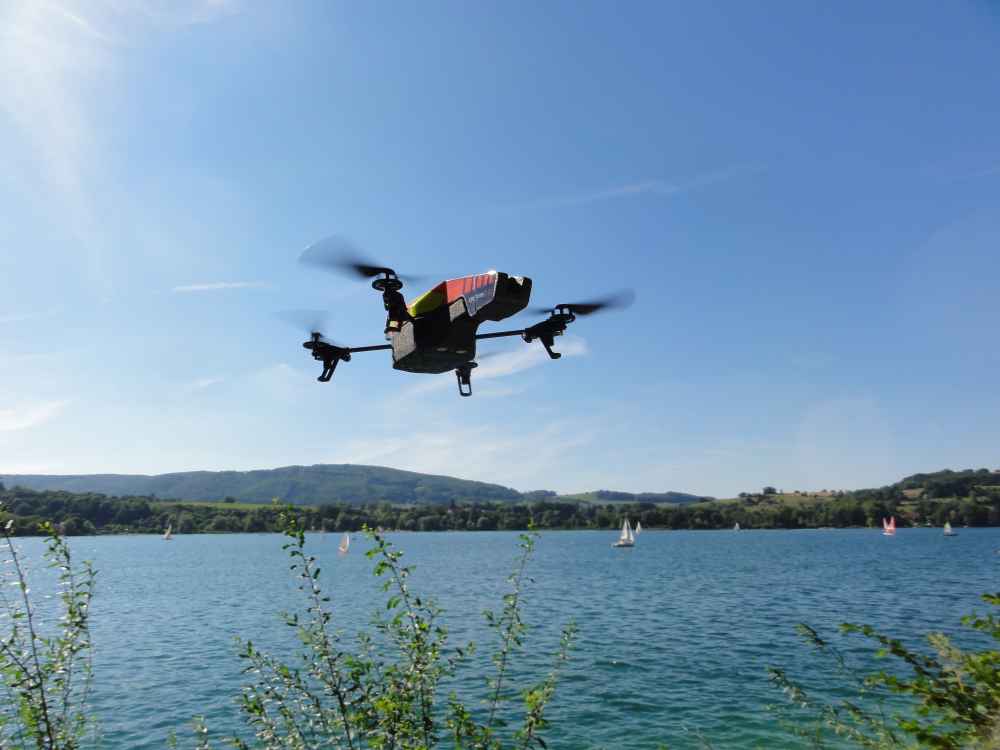2017 set to be a 'vital year' for the drone industry

The global commercial drone industry is growing at an unprecedented rate, with industries from agriculture to mining tapping into the real business benefits that drones can deliver.
The commercial drone industry is rapidly overtaking the consumer unmanned aerial vehicles (UAV) market, so what's to come in 2017 and what regulations are needed to further progress the commercial UAV market?
Jean-Christophe Zuffrey, CEO and co-founder of senseFly, said 2017 is set to be a 'vital year' for the drone industry.
Mr Zufferey comments: "Drones and pilots are becoming more and more connected through various means. Pilots use connected tablets to navigate, drones are connected through ground stations or directly to cell towers, and mobile phone operators are interested in expanding wireless coverage towards the sky.
“The European Aviation Safety Agency (EASA) predicts the EU will be the second largest market for drones within the next few years, and given this vast potential, European guidelines for safety regulations and a common legislative framework must be implemented to take this further for professional drone operators and hobbyists alike."
Farmers take the lead
Research has revealed that agricultural firms are leading the adoption of drone technology.
A study of 3,045 UK adults published in the The UK Drone Usage Report 2016, reveals that 586,430 Britons have used drones for commercial purposes.
The agricultural industry (18%) has been quick to incorporate the remote flying technology into their processes, including assessing crop growth, and distributing pesticides and fertilisers.
Rural organisation CLA has said the use of drones both commercially and for recreation is growing fast.
CLA Director of Policy and Advice Christopher Price said: "The potential for a wide range of industries, not least agriculture, is tremendously exciting, but we do need regulation to keep pace.
"There needs to be reassurance that drones being flown over private property or land are being done so legally, professionally and safely.
"Safeguarding people’s wellbeing is extremely important, but we also need to address the potential for damage to property and the significant risk to privacy, in relation to both residential properties and privately owned land – especially from recreationally flown drones fitted with high-resolution cameras."








